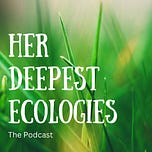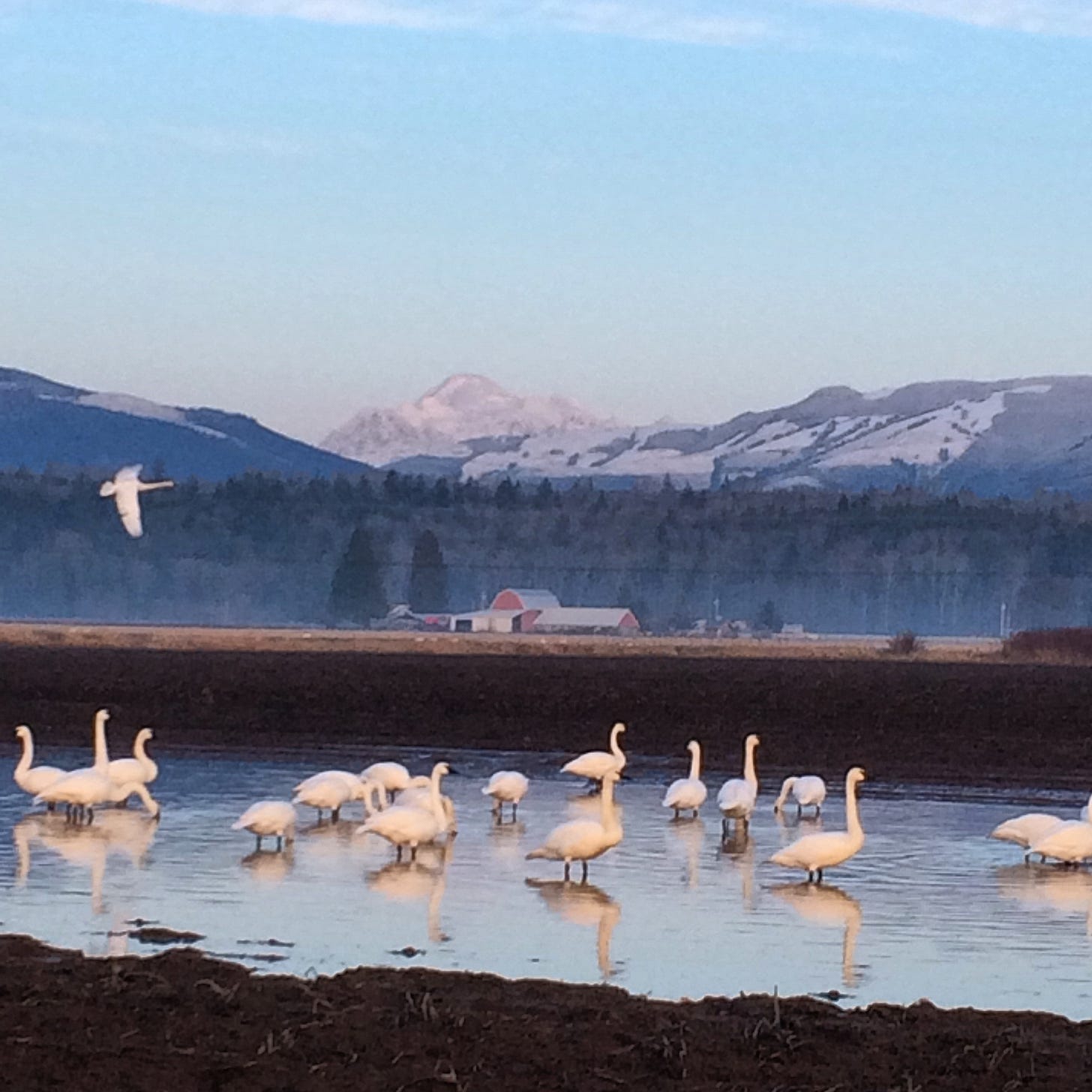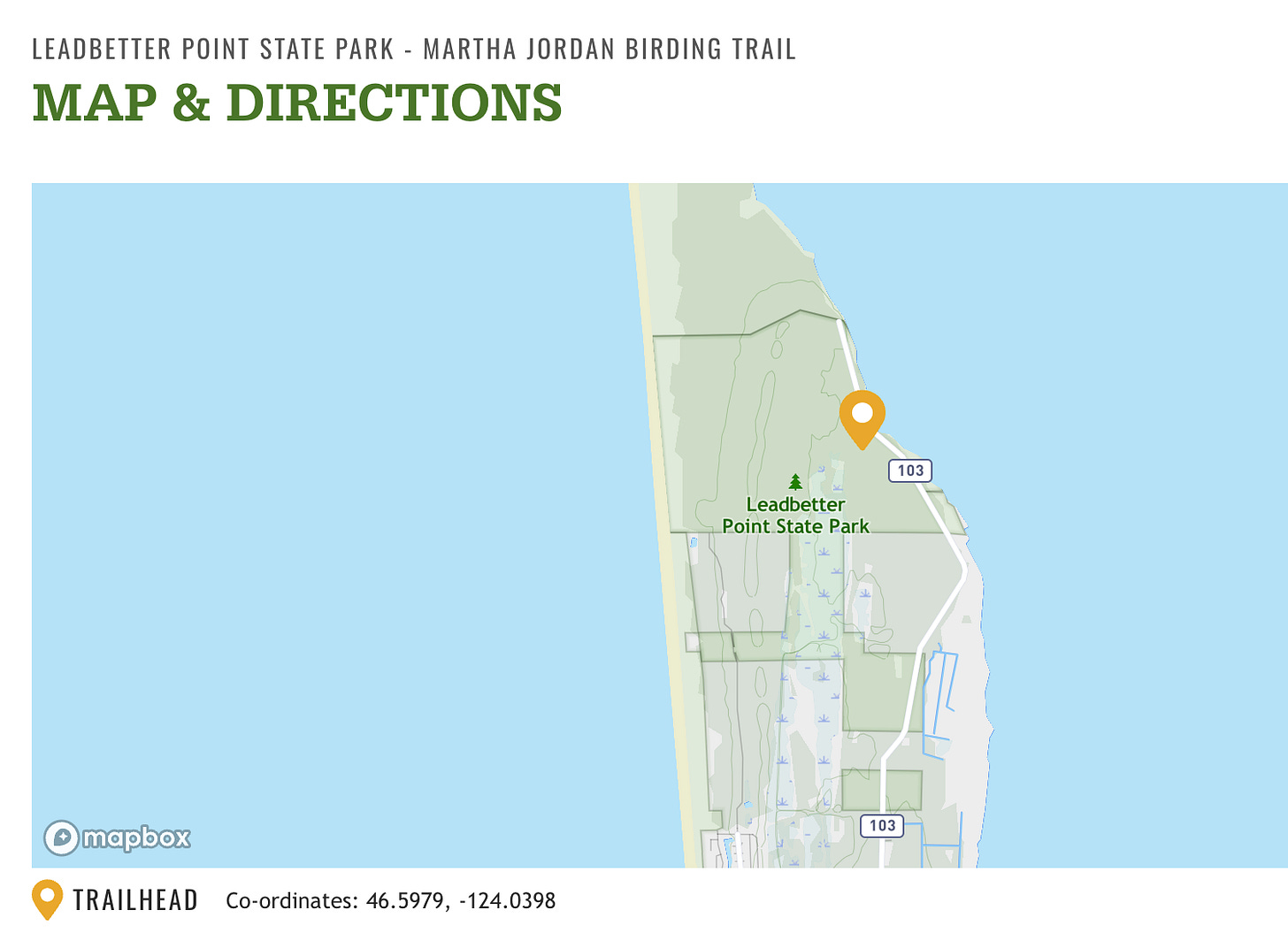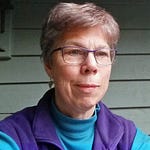In Part 2, we dive into some of the major issues facing the health and survival of migratory swans, including habitat degradation, lead poisoning, and Highly Pathogenic Avian Influenza Virus (HPAIV). Below are some links to the places and topics that came up in our conversation. You can ready Martha’s Bio in Part 1.
“If you see a sick duck, goose, swan, or even a bird, do not pick it up. Do not put it in your car. Do not transport it.”
This is an article by Washington Department of Fish & Wildlife about the return of the swans to Washington. In our conversation, Martha also mentioned a resident swan on Whidbey Island and issues with swan die-off and lead poisoning at Judson Lake.
See Martha Jordan at Christianson’s Nursery for her talk on Snow Geese on December 2nd from 10:30-12. Pre-registration is required.
Visit the Martha Jordan Birding Trail at Leadbetter Point State Park.
An article from last November in the Cascadia Daily on the Highly Pathogenic Avian Influenza Virus (HPAIV).
As a reminder, it is important to not pick up any dead or dying swans because HPAIV is transmissible to humans and dogs. Here is how to report:
Wildlife biologists, Puget Sound Energy employees, and volunteers from Northwest Swan Conservation Association work hard to respond to reports of sick, injured, and dead swans.
To report, call 360–466–0515. Leave a short, detailed message with your name, number, location, and the swan’s condition.














